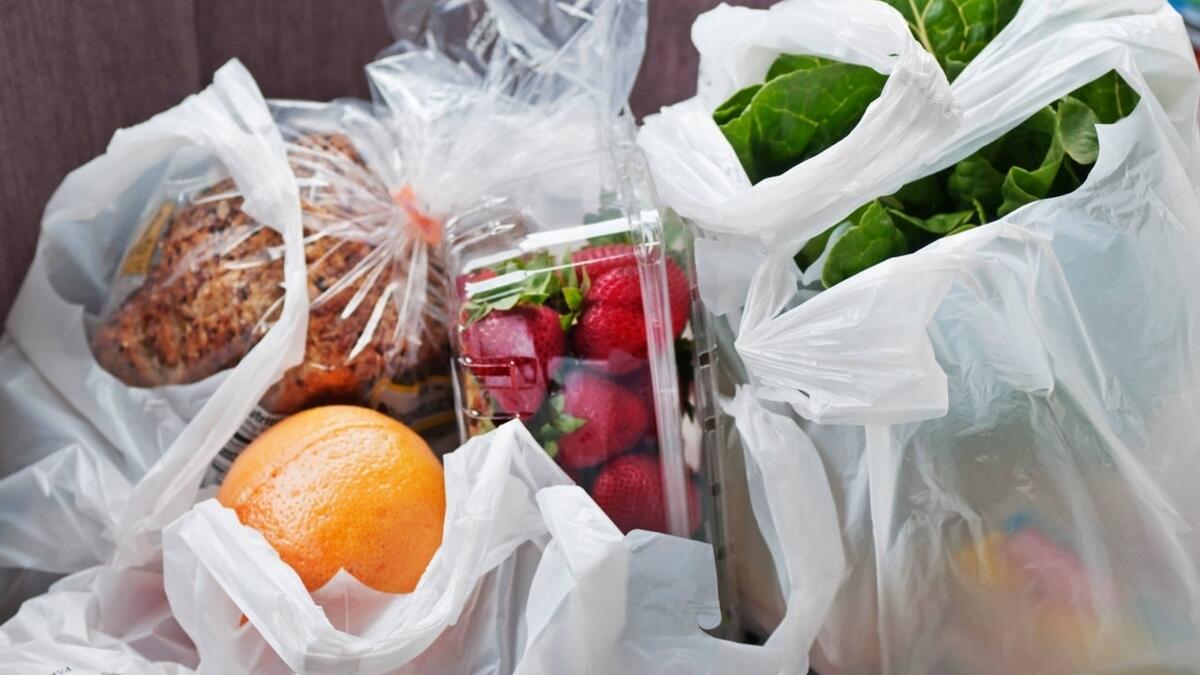With the implementation of a nationwide ban on single-use plastics in the UAE, a transformative shift towards environmental sustainability has been set in motion. This ban has had a profound impact on everyday life for residents, retailers, restaurants, and packaging firms across the country, prompting a reevaluation of their practices and behaviors. By examining the responses and adaptations of these sectors to the ban, we can gain insight into the practicalities and broader implications of this landmark legislation for the UAE’s future in terms of sustainability and environmental protection.
The government played a pivotal role in ensuring the smooth implementation of the ban, launching extensive awareness campaigns and introducing tariffs to reduce single-use plastic consumption. Residents quickly adapted to the new regulations, embracing reusable shopping bags and seeking eco-friendly alternatives. This shift in behavior was motivated by a growing environmental consciousness and a desire to protect the environment for future generations. The ban not only prompted changes in shopping habits but also highlighted the community’s commitment to adopting a more sustainable lifestyle.
The retail sector was significantly impacted by the ban, with retailers introducing non-plastic and reusable bags supported by awareness campaigns to educate customers about the environmental impact of single-use plastics. In the food and beverage industry, restaurants began transitioning to paper bags and recyclable materials for delivery services, showcasing their commitment to sustainability. The packaging industry also rose to the challenge by developing sustainable packaging alternatives and investing in cutting-edge technologies to reduce carbon emissions and environmental pollution.
Despite presenting challenges for businesses, the single-use plastic ban also brought about opportunities for homegrown brands in the UAE. By competing with multinational corporations, local brands were able to tailor their products to meet the unique preferences and needs of UAE consumers. Homegrown brands also played a significant role in the country’s economic diversification goals by investing in sustainable practices and showcasing local talent and expertise. The focus on sustainability and innovation differentiated these brands in the market, fostering long-term success and resilience.
Looking towards the future, the UAE’s single-use plastic ban is expected to yield long-term benefits such as enhanced environmental protection, increased public awareness, and the adoption of sustainable business practices. Ongoing efforts will be essential to achieve these goals, including continuous investment in sustainable technologies, government support, and collaboration between businesses and consumers. This collective commitment to sustainability and the use of eco-friendly alternatives highlights the UAE’s dedication to protecting the environment and combating plastic waste pollution.











